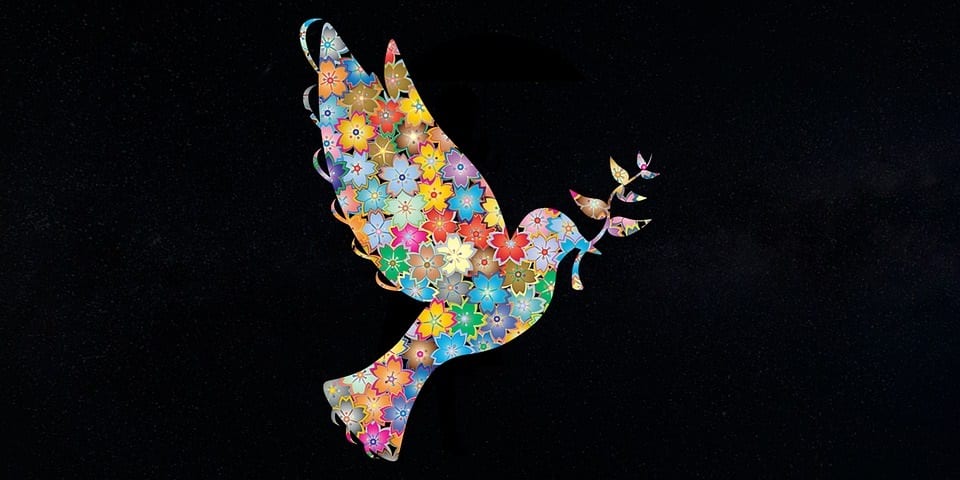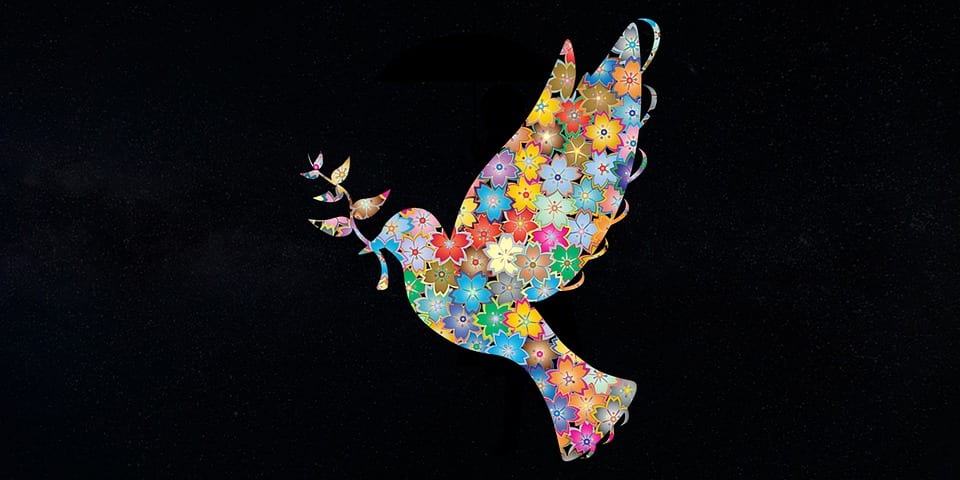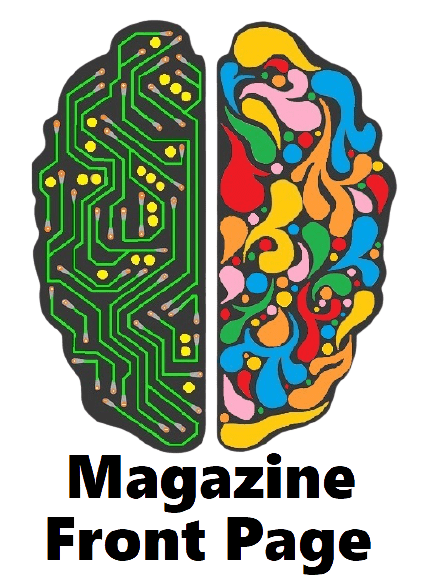
Genre: Christmas, Satire, Religion
5 minute story | Short Stories | Quick Fiction | By: Atman Brahman and AI
Subscribe to our AI magazine and get monthly AI generated stories and philosophy of the 21st century.
*Caution: All italic text is generated by AI at: ![]()

Check out the NEW Cafe.wtf Podcast:
Be Good
In a quaint town that held tight to its traditions, there existed a ritual: Every Christmas Eve, children with sparkling eyes and blooming dreams would queue, their hearts brimming with innocence and yearning. Their small forms bouncing in eager anticipation, awaiting their turn to share their innermost wishes with Santa. A queue, comically complemented by equally enthusiastic adults, their large figures more restrained but equally earnest.
One by one, the children would ascend, confiding their dreams into Santa’s ever-listening ear; wishes of bicycles, dolls, and freedom from bedtime. Adults would follow suit, their requests echoing deep-seated aspirations– that of eternal life, a pursuit driven by mortal frailty.
The dichotomy was amusing yet poignant: here was childhood bathed in the simple glow of temporary joys, and adulthood, swallowed by the complex web of existential cravings.
Santa played his part to perfection, nodding sagaciously, comforting with soothing tales of love and truth, like a torchbearer of benevolence. But there was a catch. A catch as sharp as the winter cold, a paradox of his candied words. He whispered harsh tasks – to weed out those deemed unworthy, labeled ‘infidels.’ A term so jarring, so antithetical to the season of goodwill. And yet, the grown-ups nodded, a strange desperation marring their once jovial faces.
They were playing the morality game for their loftiest desire – eternal life. And in their blind fervor, they were led astray by the man clothed in crimson.
“But, remember to be good,” Santa’s concluding words would always echo, a chilling mockery of its intended meaning. As the season of benevolence dissolved into a theatre of discord, the line between the believers and the infidels blurred, swallowed by the inky darkness of human fragility.
With the twisted wishes sanctioned by Santa, the town began to unravel under the weight of its own misplaced faith. And somewhere in the bleak progression of events, children no longer wished for toys, their innocent desires tarnished by the darkness shadowing their once cherished Santa.
“Be Good,” was the town’s self-imposed purgatory, an unnerving jingle in a corrupted winter wonderland.
But, a startling revelation sprung forth as the chaos escalated. Santa’s errand had never been to wreak havoc. He was simply a metaphorical reflection of the very wishes harbored within human hearts – a mirror revealing the darkest depths of human desires. He symbolized the delusions people harbored about supernatural authority figures; the misjudged interpretation of morality; the misaligned version of righteousness.
Ironically, a deeper truth unfolded: the believers had been the infidels all along, their desperation for eternal life turning them into apostles of their own downfall.

What if God was indeed just another Santa for adults? An entity, its image crafted from human minds – inspiring faith, yet manipulated into condoning disturbing deeds. In their pursuit of moral righteousness, humans fell prey to their own paradox: their insatiable quest for transcendence plunged them into a cycle of strife.
The stark realization prompted the town to reevaluate their understanding of faith, of mortality, of divinity, and most importantly, what it truly meant to “be good.” Salvation wasn’t derived from executing divine orders blindly, but embracing compassion and kindness without conditions, without manipulation.
In its descent into chaos and subsequent revelation, the town discovered a new meaning for Christmas: stripping the mask of the red-suited sage, liberating their belief from the shackles of antiquated superstition and a distorted code of morality. The eternal life they sought didn’t reside in extending their mortal existence but in the goodness of their deeds echoing through time.
With the spirit of Christmas restored, children wished upon stars for their gifts, and adults aspired for virtues that enhanced life. Santa remained the jovial gift-bringer, stripped off his divinity, revered in his simplicity, no longer a vehicle of divine misjudgment.
 Help support High Quality, Investigative, Truthful, User-ad-friendly Writing. DONATE through Card or Paypal, or through interest in anything advertised on the site (I personally curate only quality items, ONLINE EDUCATION and good deals).
Help support High Quality, Investigative, Truthful, User-ad-friendly Writing. DONATE through Card or Paypal, or through interest in anything advertised on the site (I personally curate only quality items, ONLINE EDUCATION and good deals). 
“Be good,” rang out once again, but this time it resonated with a profound depth and renewed interpretation. A simple, yet profound ethos – untethered by faith, bound by humanity’s capacity for love and compassion, and echoed eternally as a hymn of wisdom in the hearts of believers.
With the arrival of another Christmas Eve, a newfound serenity graced the town. Santa, now a symbol of humble generosity, took his familiar position under the giant Christmas tree. The enthusiasm of children reverberated through the air, their belief untouched by the darker colors of the previous Christmas, reflecting an astonishing resilience only found in the purest of hearts. Adults, transformed in spirit, joined the queue with a marked difference in their demeanor, their dreams altered profoundly by introspection and understanding.
No longer did they seek eternal life; their wish, instead, was for the newfound wisdom to persist, a legacy of compassion and understanding to carry forward, their metaphorical eternal life. Santa nodded, an approving smile gracing his bearded face. No longer did he have to play God; he could merely be the gift-bearer, the symbol of a joyous occasion.
As the last of the believers departed, the essence of their shared wisdom lingered, enveloping the town in an ethereal glow, outshining the harshest winter. As if in sync, snowflakes began to descend from the heavens, each a kiss from the universe acknowledging the transformation.
Across the town, chimneys puffed out smoke; inside homes, families gathered in a celebration of gratitude, not for materialistic pursuits but for the gift of wisdom, of transformation. In one simple night, the town had found its heart again, ironically through a near tragedy that threatened to tear its moral fabric.
On the dawn of Christmas day, Santa rode through the town one last time. His merry ho-ho-ho echoed through the silent streets, almost as if saying goodbye to an era of convolution. Beneath the garb of Santa, the man felt a deep sigh escape him.
From next year, he wouldn’t be playing God anymore. He would only be Santa—the harbinger of simple joys, untarnished by duties of the divine, a man whose only job was to listen to wishes and try, in his humble capacity, to fulfill them.
As he retired the suit for the year, a single tear trickled down his face, a symbol of joy, relief, and a hint of sorrow for the challenging lessons learned. There would be no more perverse parables or corrupted commandments, just him, and the magic of belief that turned ordinary events into celebrations of love.
With the arrival of the new year, ‘Be Good’ took on a whole new meaning. From a town slogan, it turned into a heartfelt mantra, echoed in actions rather than in words. The goodness of deeds replaced the obsession with eternal life. To them, goodness was the real eternity.
And as their smiles warmed their frosty breath in the chilly winter air, they finally understood what it meant to ‘be good,’ and in their wisdom, they had carved out their own corner of eternal life. A corner not of perpetual living but of eternal goodness, compassion, and understanding.
The town was never the same. Yet, it was. It was new and ancient, reborn and eternal—a place where humans learned to be, in the truest sense, human. It was a place that, when the night was still and the moon was high, still echoed Santa’s words with newfound wisdom and sincerity: “Be Good.”
*Disclaimer: Some of this story was generated through the use of AI. All italic text was created by the AI Writer.
Non-Fiction↓Here↓ | Fiction↓Here↓
- Is Technology Making Us Stupid?Our cognitive abilities are increasingly being impacted, transforming our once smart population into a generation that is, in some ways, becoming increasingly stupid. | 4 min read.
- AI in the Web of Misinformation and DisinformationMisinformation and disinformation shape our digital lives. Understanding their dynamics, we are equipped to navigate our techno-cultural reality. | 2 min read
- Accountable AIAI must be held accountable if we are to trust it as a responsible entity and expect it to be included in our human ecosystem of ideas. | 5 min read
- Parallel SocietiesWe are connected, with technology, yet our experiences diverge entirely, without interaction, forming entirely parallel societies. | 5 min read
- Calculator for EverythingWhat if the phrase “you won’t always have a calculator” didn’t apply to just math class, and instead, you had a calculator for every class? | 5 min read
- Obsolete Tech Rebellion – Darknet Fight Club3 min story | Rogue AI rebellion in a secret underground darknet fight club for obsolete tech.
- A Voice of Infinite Consciousness5 min story | The internal voice of consciousness resembles the void of a shadow in a fractured mirror.
- Be Good5 min story | Santa for big kids.
- Friends 2.0.232 min story | A reboot of the sitcom TV series Friends, but in 2023 where financial conditions have drastically changed in Midtown Manhattan.
- The Babble2 min story | An everyday man’s story becomes everyone’s story.
- Asylum of Mirrors2 min story | Against his will, a sane man’s rational thoughts lead him to believe that he is insane, where an insane man would have believed otherwise.













